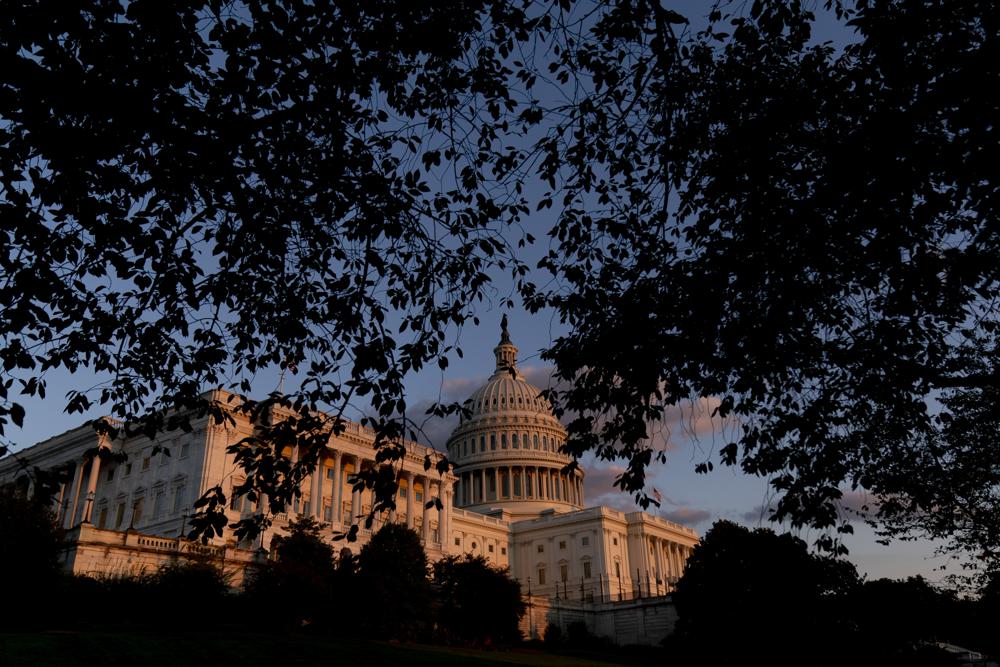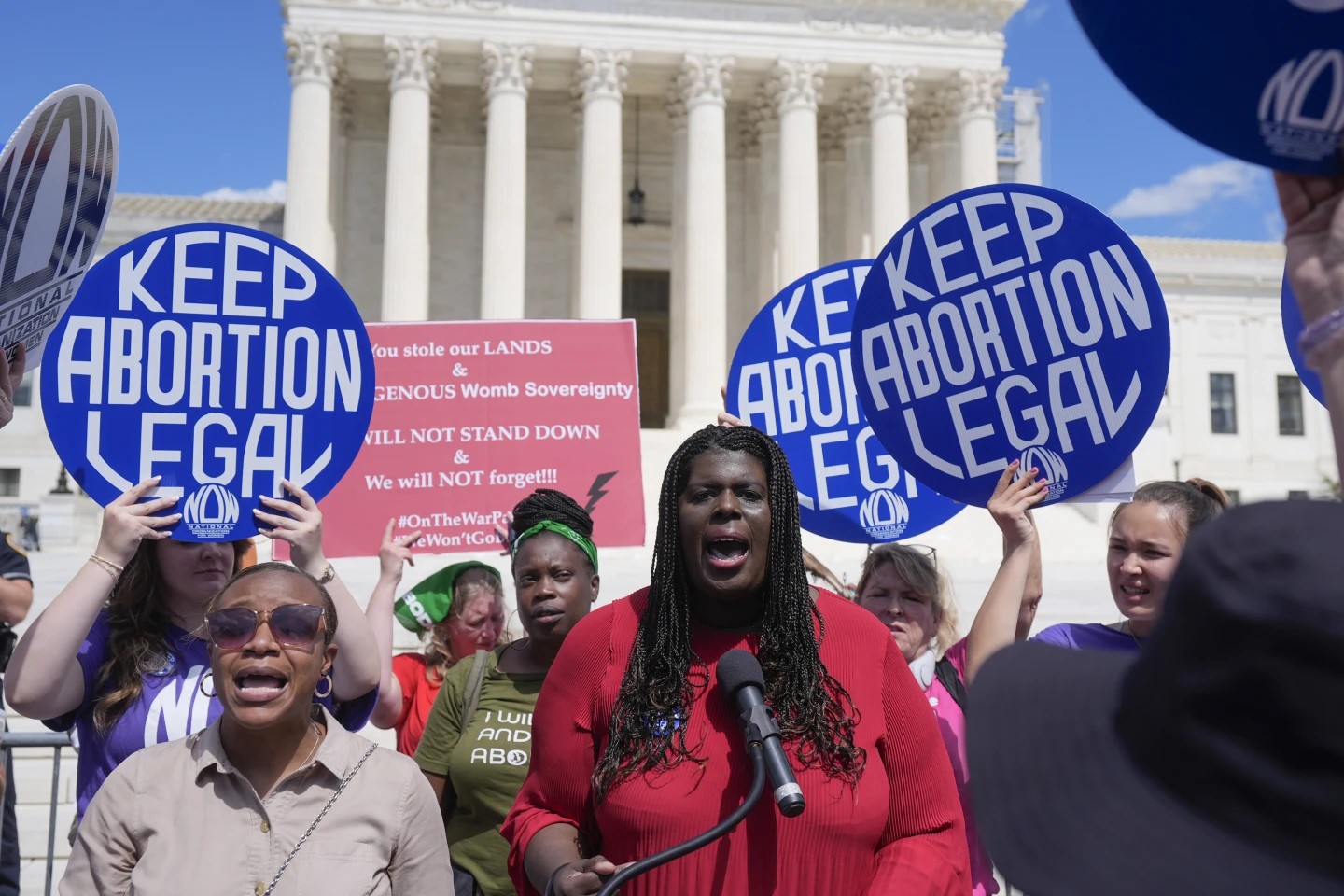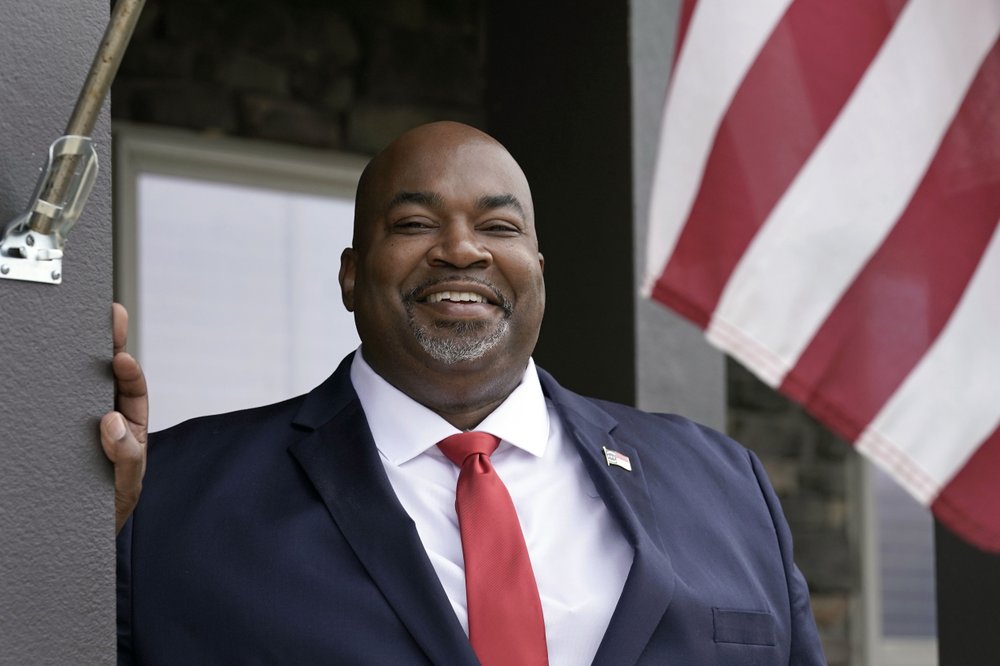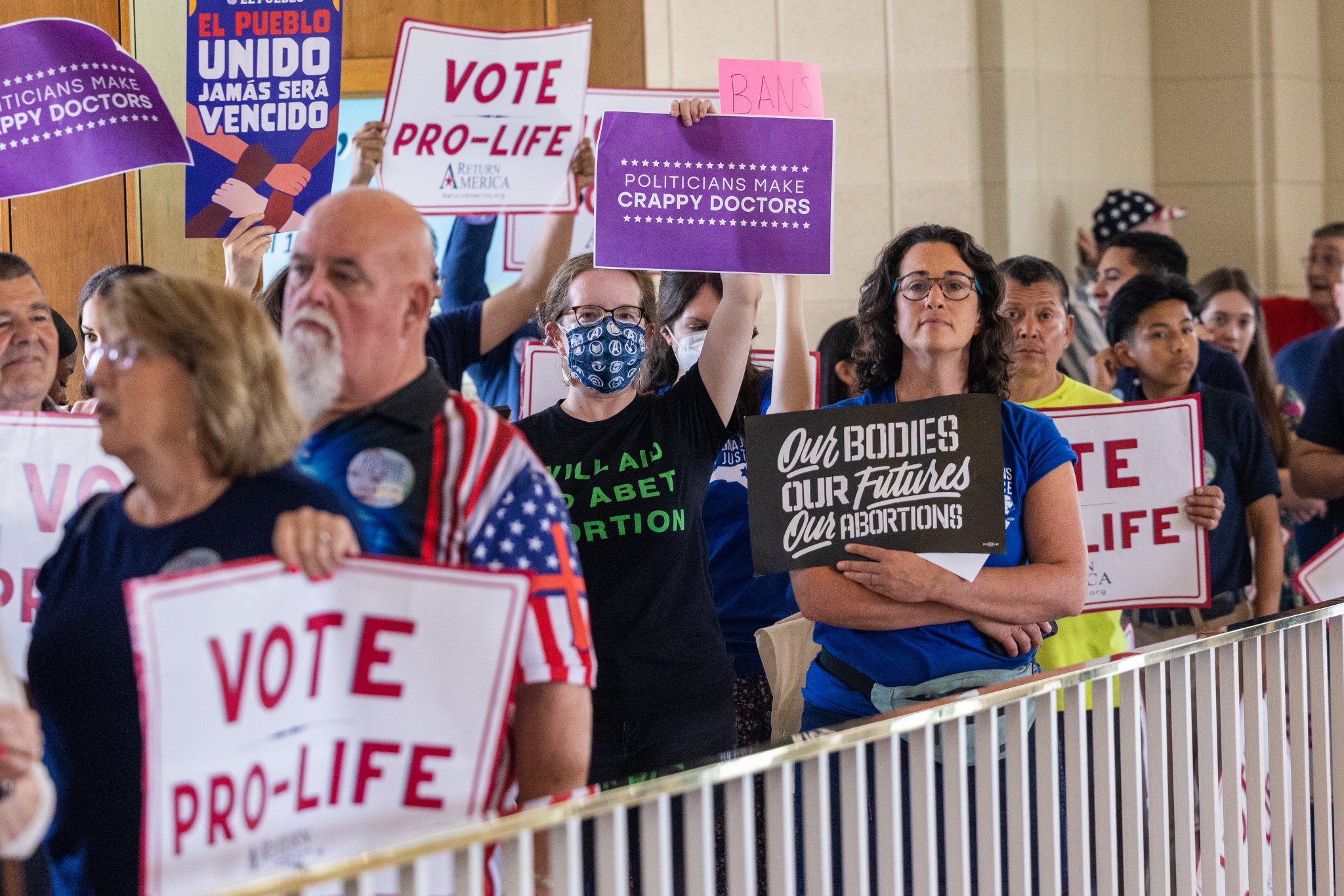RALEIGH – Protesters gathered at the state’s legislature Wednesday morning to demonstrate against a bill passed by the state Senate that tightens the regulations on abortion clinics before the Senate went on break .
House Bill 695 passed by a vote of 29-12 and will return to the House for a final vote after it returns from the July 4 break.
Chapel Hill town council member, Laurin Easthom, says she is disappointed by the bill’s passage and is upset by legislators who say the bill was passed to protect women’s health.
“I think that is just as shifty and as disingenuous as how this bill got passed in the first place,” Easthom says.
***Listen to the Full Interview***
The restrictions were added to a bill intended to outlaw Sharia law in North Carolina. Sharia law refers to laws interpreted or passed down in an Islamic court or imposed under a caliphate. After the amendment was made, the bill was passed in the Senate in less than 24 hours.
The regulations require all abortion clinics to meet the same standards as ambulatory emergency clinics, which all but one of the state’s clinics cannot meet. In addition, federal, county and city health coverage plans would no longer cover abortion, except in the case of rape or incest or to save the life of the pregnant woman, and health care providers are given the choice of not providing abortion-related services.
“It’s really got implications for women hugely across the state that no one realizes,” Easthom says. “I can’t believe that this has gotten to the point that it has.”
Easthom believes this bill does not reflect the views of many in the state.
“There’s quite the disconnect between what’s happening in the General Assembly and how voters feel about things,” Easthom says.
Easthom adds that the difference is not only with abortion, but with all of the issues brought up in the recent Moral Mondays protests.
“This was almost like the last straw for me,” Easthom says. “I think this is horrific.”
Governor Pat McCrory spoke out against the Senate’s method of passing the bill, comparing it to how the Democratic Senate passed bills in the previous term.









